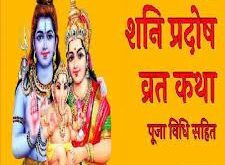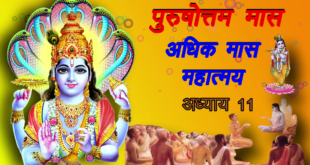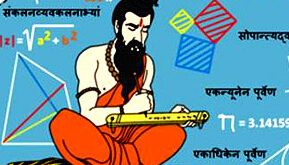Diwali, a festival every Indian looks forward to throughout the year. It is considered to be a Festival of Lights that eradicates all darkness and despair of the world. Diwali is celebrated differently in different cultures across India and even abroad. People from different communities and regions observe Diwali in their own unique ways. While the common beleif is that Lord Rama had returned to Ayodhya, this day, after 14 years of exile and to welcome him all the members in his empire lit diyas, thereby celebrating the festival of lights. Also, in some places Diwali marks the arrival of Goddess Kali, elsewhere, it marks descend of ancestors from heaven for one day.

Let us find out how different Diwali across India and abroad is:
1. Kali Puja, West Bengal: In West Bengal and eastern India, Diwali is celebrated to welcome the arrival of Maa Kali, avatar of Goddess Durga. Bengalis worship Goddess Kali for three days and celebrate the occasion by lighting up entire localities, bursting crackers, meeting kin and spending time with friends. In some parts, animals are also sacrificed to appease the deity. People observe fast and also worship Goddess Lakshmi, the deity of wealth.
2. Puja by Agambagish: This is a variant of Kali Puja that takes place in West Bengal. Agambagish, the most revered tantriks or priests of Maa Kali, perform a dangerous and sacred ritual before worshipping the Goddess to appease her. They meditate at mortuaries, sitting in a circle, surrounded by human skulls that they have to collect and smear it with their blood. The rituals of Agambagish can be seen in rural parts of West Bengal, especially in Howrah, Midnapore and Hoogly districts.
3. Diyari, Sindh: The community of Sindhis celebrate Diwali with a different name and somewhat different customs. They wash gold and silver coins in milk before worshipping the Goddess. After the Puja, they tap the coin against their teeth and chant the phrase – “Lakshmi aayi, danat vaai”, which means Lakshmi arrived, poverty went away.
4. Bali Pratipada, North India: Bali Pratipada is observed on the third day of Diwali. This custom is celebrated throughout North India. According to Hindu mythology, this day marks the one-day return of the demon king, Bali. Lord Vishnu had reincarnated as his fifth avatar Vamana and banished Bali to ‘patal loka’ or the nether world. However, due to Bali’s relentless devotion towards Vishnu, the Lord took pity on him and granted him one day to visit the world every year.
5. Kauriya Kathi, Odisha: One of India’s most culturally diverse state, Odisha, celebrates Diwali in a different way. During Kaunriya Kathi, the people of Odisha burn jute sticks to invite their ancestors who are said to descend from heaven on the day of Diwali. They believe that their ancestors live in the wide, open sky as the sun begins to move towards the Tropic of Capricorn.
6. Divali, Trinidad: In the late nineteenth century, around 1,43,000 people from Indian states of Odisha and Bihar were taken to Trinidad to work as slaves in sugarcane plantations. Later, these Indians had gained independence and blended with the local population. However, with them blended the customs and rituals of India too. The Trinidad government declared ‘Divali’ as a national holiday in 1966 to mark the eradication of spiritual darkness. It is only in Trinidad that Diwali is celebrated for nine days.
7. Tihar, Nepal: The festival of Diwali is called Tihar in Nepal. The only Hindu kingdom in the world celebrates Diwali much differently than Indians. However, they too worship Goddess Lakshmi during Diwali. The festival continues for five days in Nepal. Each day is dedicated to a specific ritual. The first day observes rice feeding to cows, the second day is dedicated to dogs and so on.
In many other countries such as Mauritius, Nepal, Malaysia, Indonesia, Myanmar, Singapore, Sri Lanka, Japan, Thailand, South Africa, Kenya, Tanzania, Britain, Australia, Guyana, Surinam and Fiji, Diwali is celebrated as a national festival as thousands of Indians have been staying in these countries for several generations.
 पौराणिक कथाओं, प्रेरक क्षण, मंदिरों, धर्मों, फिल्मों, हस्तियों के बारे में दिलचस्प जानकारी, हजारों गाने, भजन, आरती के बोल हैं Your wish may come true today…
पौराणिक कथाओं, प्रेरक क्षण, मंदिरों, धर्मों, फिल्मों, हस्तियों के बारे में दिलचस्प जानकारी, हजारों गाने, भजन, आरती के बोल हैं Your wish may come true today…



